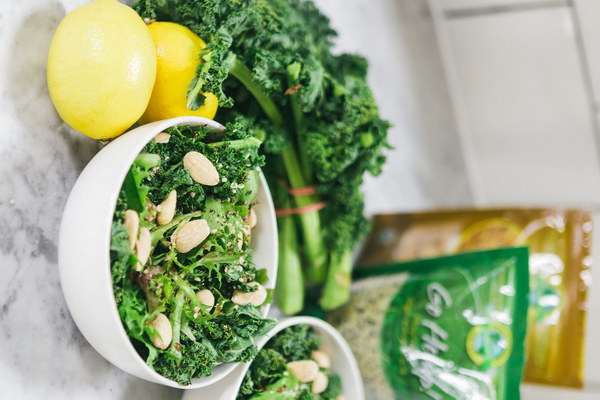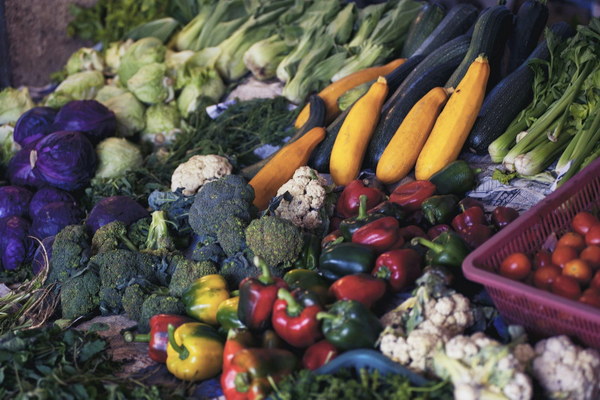Natural Remedies and Foods for Kid's Halitosis A Nutritious Approach to Fresh Breath
Introduction:

Halitosis, or bad breath, can be a common issue among children, often causing embarrassment and discomfort. While it is important to address the underlying causes of mouth odor in young ones, natural remedies and dietary adjustments can play a significant role in maintaining fresh breath. This article explores the benefits of certain foods and natural therapies that can help combat kid's halitosis, providing a nutritious approach to a healthier smile.
1. Understanding the causes of kid's halitosis:
Before diving into the remedies, it is crucial to understand the common causes of halitosis in children. These include poor oral hygiene, tooth decay, gum disease, tonsillitis, and infections. Identifying and addressing the root cause is essential for long-term oral health.
2. Importance of good oral hygiene:
Teaching children the importance of good oral hygiene from an early age is crucial. This includes regular brushing, flossing, and using mouthwash to remove food particles and bacteria that contribute to bad breath. Encourage your child to brush their teeth at least twice a day, especially before bedtime.
3. Foods that combat kid's halitosis:
Focusing on a nutritious diet can significantly impact your child's breath. Here are some foods that can help combat kid's halitosis:
a. Fresh fruits and vegetables: Encourage your child to consume a variety of fresh fruits and vegetables, which contain high levels of vitamins and minerals that support oral health. These foods also help clean the teeth and stimulate saliva production, reducing the risk of halitosis.
b. Green tea: Green tea contains antioxidants that can help fight bacteria and reduce inflammation in the mouth. Offer your child a cup of green tea after meals to freshen their breath and promote overall oral health.
c. Chewing sugar-free gum: Chewing sugar-free gum can stimulate saliva flow, which helps wash away bacteria and food particles. Look for brands with added benefits, such as those with xylitol, a natural sweetener that can help prevent tooth decay.
d. Garlic and onions: Although they might cause temporary bad breath, garlic and onions have antibacterial properties that can help combat oral bacteria. Encourage your child to consume these foods in moderation.
e. Yogurt and kefir: These probiotic-rich dairy products help maintain a healthy balance of bacteria in the mouth, reducing the risk of halitosis. Offer your child a small serving of yogurt or kefir as a healthy snack.
4. Natural remedies for kid's halitosis:
In addition to dietary adjustments, natural remedies can also help combat kid's halitosis:
a. Thyme oil: Thyme oil has antibacterial properties that can help reduce oral bacteria responsible for bad breath. Mix a few drops of thyme oil with water and gargle the solution to freshen your child's breath.
b. Peppermint and spearmint: Peppermint and spearmint essential oils have natural antibacterial and anti-inflammatory properties. Add a few drops of these oils to your child's toothpaste or mouthwash for fresh breath.
c. Aloe vera: Aloe vera has soothing properties that can help reduce inflammation in the mouth. Encourage your child to gargle with aloe vera juice or apply a small amount of aloe vera gel directly to the gums.
5. Regular dental check-ups:
Lastly, it is essential to schedule regular dental check-ups for your child. A dentist can identify any underlying issues contributing to halitosis and provide appropriate treatment.
Conclusion:
Combating kid's halitosis involves a combination of good oral hygiene, dietary adjustments, and natural remedies. By focusing on a nutritious approach, you can help your child maintain fresh breath and promote overall oral health. Encourage your child to follow these tips and seek professional dental advice for any persistent issues.









